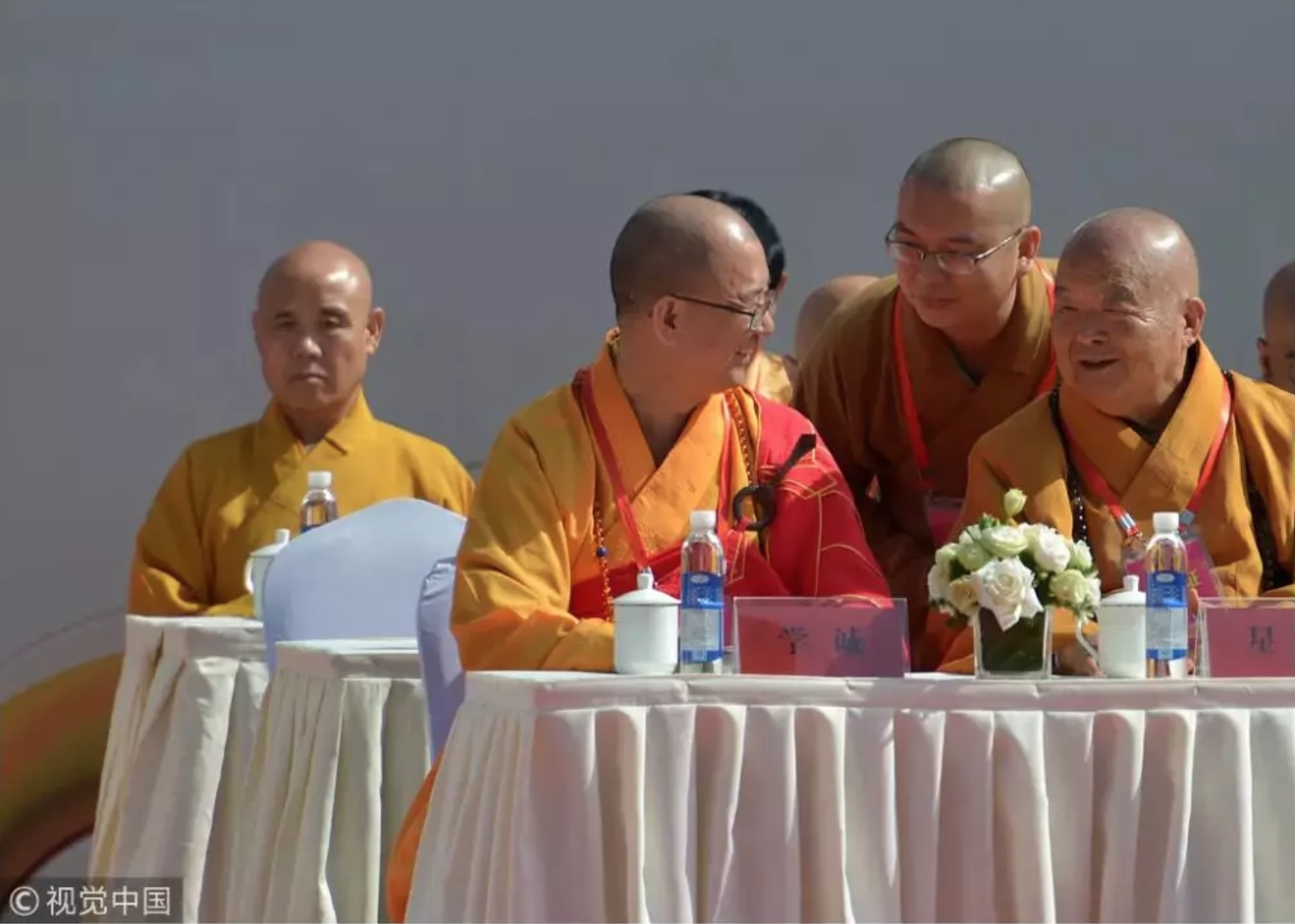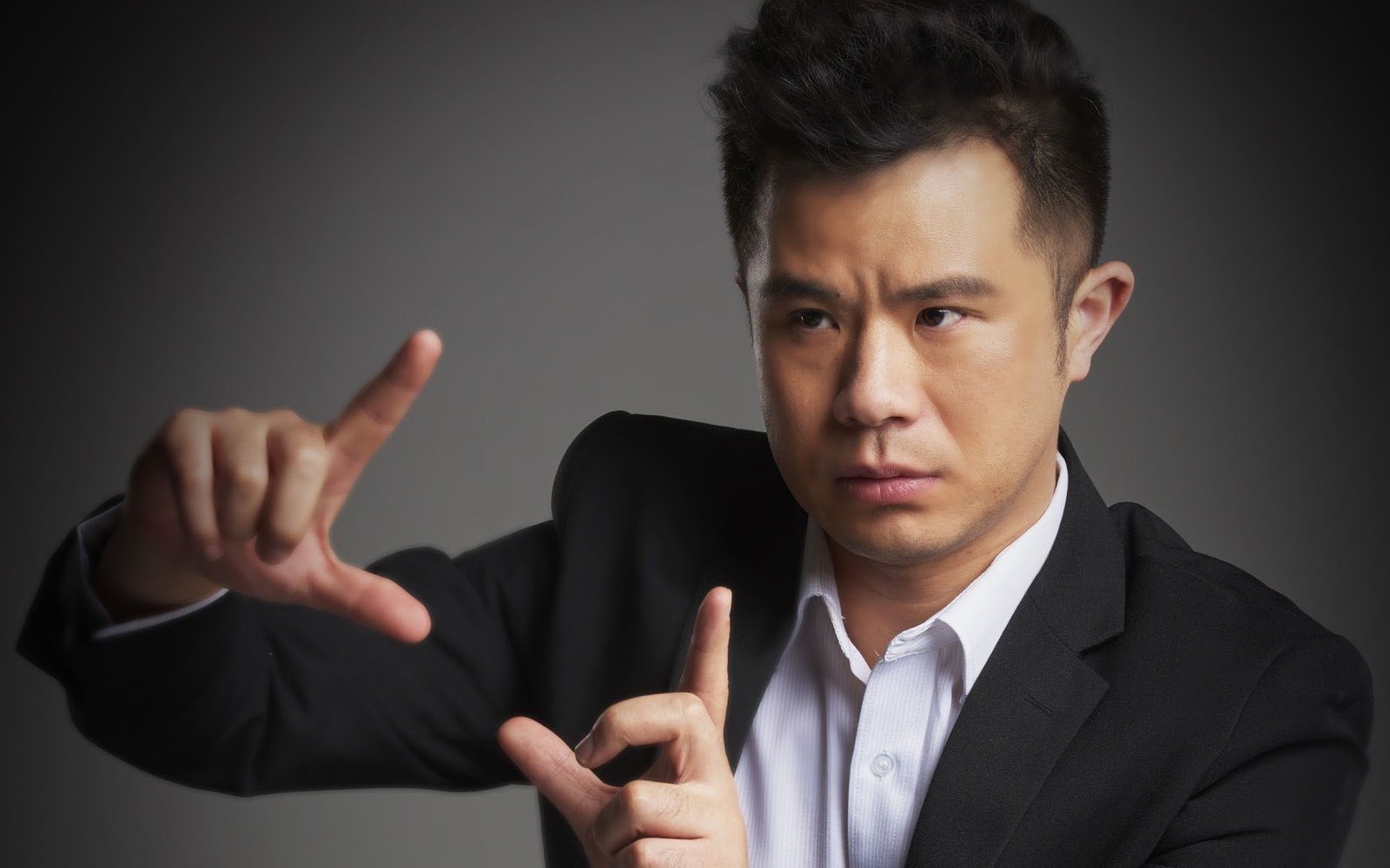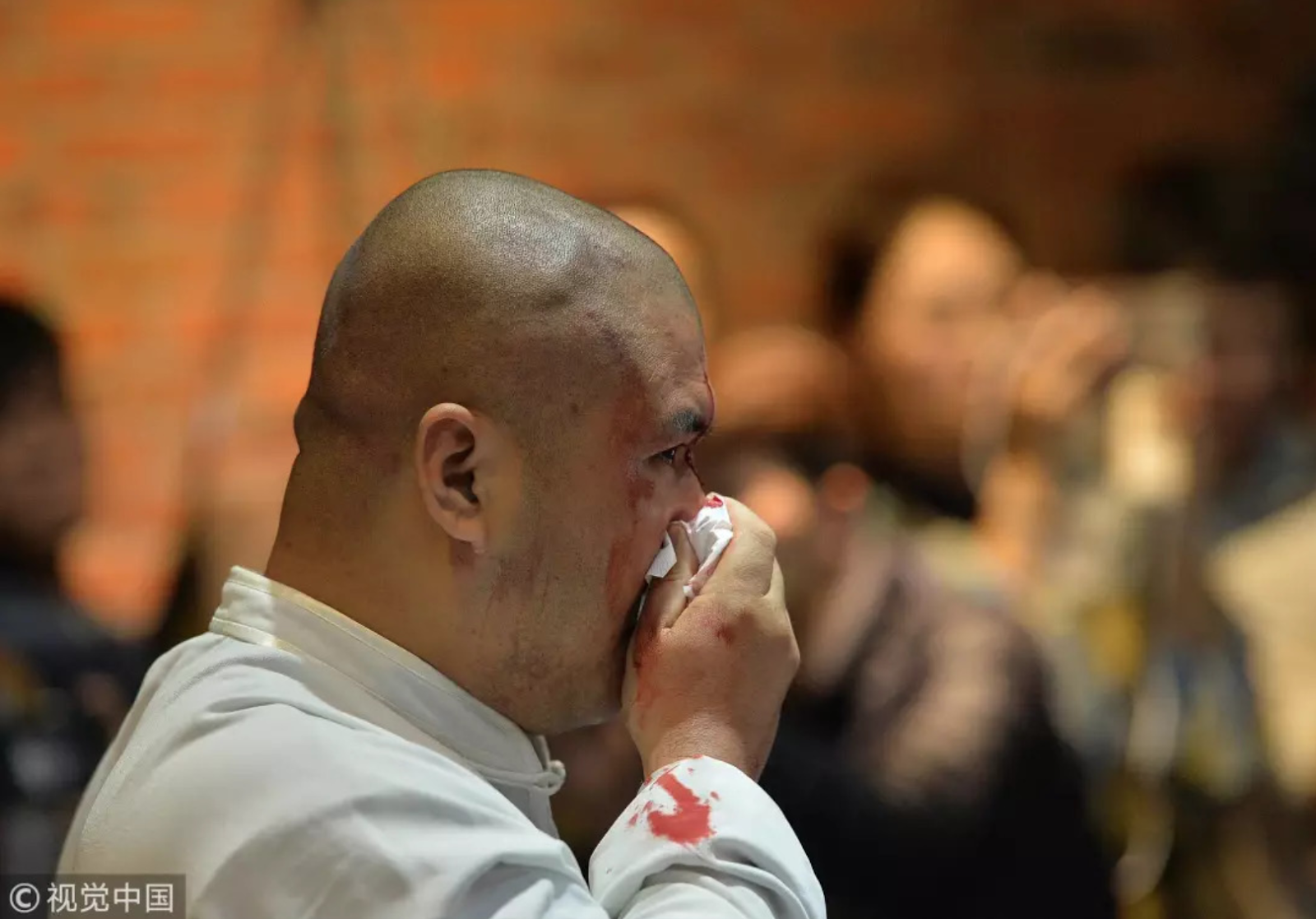Chinese Corner: The ‘long-term despicable behavior’ of an ambitious abbot
Chinese Corner: The ‘long-term despicable behavior’ of an ambitious abbot

The ‘long-term despicable behavior’ of an ambitious abbot
龙泉寺的背影
Behind the scenes at the Longquan monastery
By Wú Yú 吴余
November 6, 2018
It’s been almost three months since the Venerable Xuecheng (释学诚 Shì Xuéchéng), former abbot of the Beijing Longquan Temple, was removed from his post amid allegations of sexual assault. While many people see Xuecheng’s fall as a sign of the #MeToo movement reaching the monasteries in China, author Wú Yú 吴余 argues that after taking a closer look at Xuecheng’s career trajectory, it’s clear that “putting aside his modest contributions to Buddhism, Xuecheng’s story is essentially a common tale of an ambitious government official who transcends the economic circumstance of his birth using his intelligence and ability. But he eventually gets ousted because of his long-term despicable behavior.”

Oh, no, it’s a girl!
为了生男孩,中国人有多努力
How much effort Chinese people will make just to have a son
By CC
November 8, 2018
It’s no secret that Chinese parents, especially those in rural areas, strongly favor sons over daughters. The widespread preference results in some truly mind-boggling stories: For example, in July this year, news came out that 11 sisters in Shanxi Province collectively funded the marriage of their younger brother, who is the only male child in their family.
But most Chinese families can’t afford childcare costs for 12 kids, or to pay the fines the Shanxi family must have paid for violating the one-child policy. So Chinese who want to choose the sex of their baby resort to superstitions — like eating sour foods — or ultrasound scans followed by abortions if the fetus is the wrong sex.
This article gives a chilling rundown of ridiculous measures used by desperate Chinese parents in order to have baby sons. These include using an ancient cheat sheet to predict a baby’s sex depending on the mother’s birth date and the date of conception, and even drowning baby girls in rivers, a practice first recorded in English in the Qing dynasty (1644–1911).


Bi Zhifei takes ‘the worst film on earth’ to court
生日当天,我在法庭应诉毕志飞
I confronted Bi Zhifei in court on my birthday
By Yáng Shíyáng 杨时旸
November 5, 2018
Bì Zhìfēi 毕志飞 is the director of Pure Hearts: Into Chinese Showbiz 纯洁心灵, which was released in September 2017 and immediately flopped critically and commercially, earning much mockery on the Chinese internet. Bi himself is, by some accounts, an intriguing figure. After the failure of his debut film, Bi embarked on a journey to defend his work and attack his critics.
In August, Bi sued Douban, one of China’s biggest and most trusted movie review and culture websites, and the locus of the fiercest attacks on Bi’s work. In September, Bi sued China News Weekly because of an essay it published titled Who wants to take down Douban 到底是什么人想干掉豆瓣 by movie critic Yáng Shíyáng 杨时旸. Yang accuses Bi of making groundless accusations of ratings manipulation against Douban.
Last week, Yang saw Bi in person in a Beijing court. To document what happened in the court, Yang wrote this essay, which ends with this conclusion:
I don’t know if I’m going to see Mr. Bi again in court. But I genuinely hope that he can spend more time studying movies instead of filing lawsuits against everyone. That’s what he’s supposed to do if he really loves movies as he claims to.


Is modern tai chi a fraud?
太极拳,又一次被打爆了
Tai chi busted, again
By Mǎ Yuánxī 马元西
November 2, 2018
Léi Léi 雷雷, the self-claimed tai chi master, has been defeated, again. One year ago, mixed martial arts (MMA) fighter Xú Xiǎodōng 徐晓冬 took 10 seconds to knock Lei Lei down in an exhibition fight. The battle was a nationwide embarrassment for Lei Lei, who claimed that the reason why he lost is because he didn’t unleash his “internal powers.”
However, Lei Lei endured another humiliating loss in a martial arts competition that took place earlier this month in Sichuan Province. After the battle, Lei Lei finally admitted to the futility of using tai chi in real fights. “The current version of tai chi that we practice is no longer for fighting. It’s only for fitness,” Lei Lei said (in Chinese) to a camera while trying hard to hold his tears back.
This begs the question: Why are tai chi masters in real life nothing like those in martial arts movies? Why are they so weak? How did this age-old discipline become a fraud? This article has some theories.

Below are some other articles that captured my attention this week:
- 风水是如何变成一门「科学」的 How feng shui became science
- 大学宿舍为什么断网断电 Why Chinese colleges cut electricity and the internet late at night in dorms
- 金庸的被动人生 The passive life of Jin Yong
- 国营 vs.民营,70年前的一场大讨论 State-owned vs. private, a large-scale debate 70 years ago






